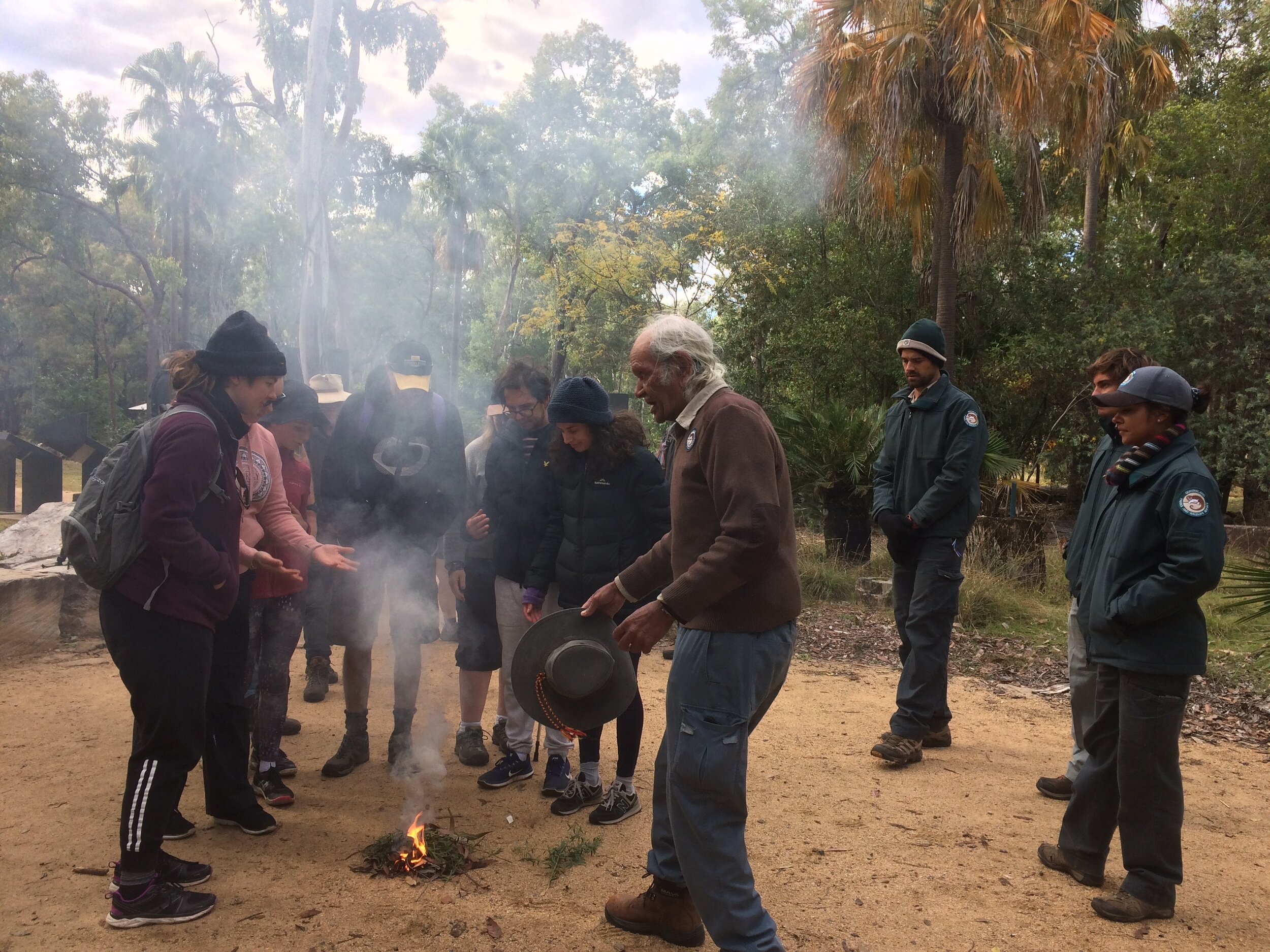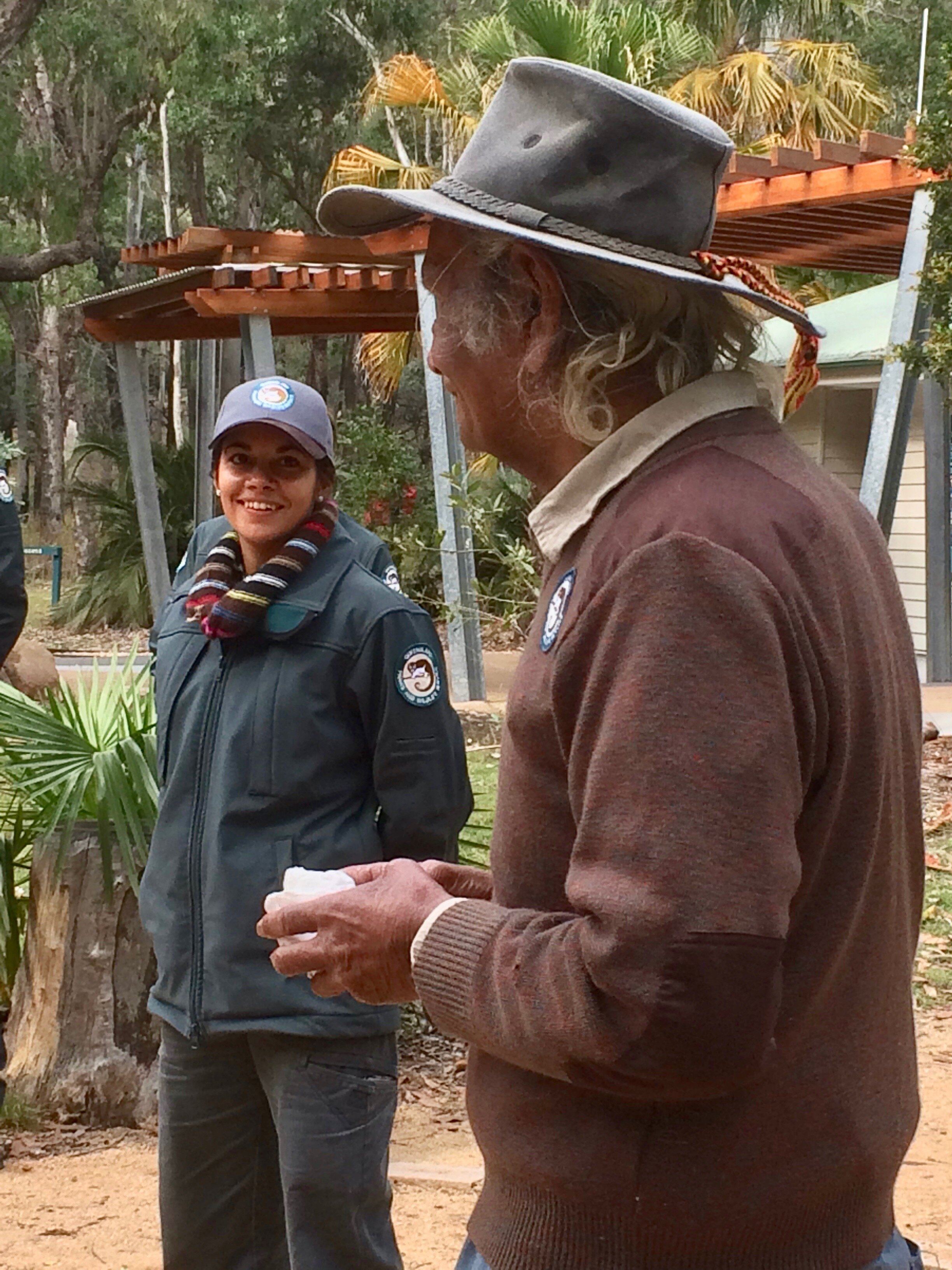Ostriches
/When my son started school, he learned our nation’s anthem by singing it each week at assembly. One night, early in first term, I heard him in the bath, in full voice, ‘Australians all are ostriches, for we are young and free!’ I don’t know how he squared off the logic of the line, which he sang with conviction, but a national anthem that tries to get away with ‘girt’ is probably already in need of help, and I didn’t correct him.
I do not write opinion generally, for there is already enough of everything out in the big world, and it’s possible that as a writer, I keep my head in the sand. A few weeks ago, a spokesperson for the campaign opposed to giving Aboriginal and Torres Strait Islander people a voice said colonisation had been good for Indigenous Australians. I think running water and houses were mentioned. Many writers countered this view and the debate went on for several days in several outlets with many different opinions and thoughts. I read them. Mention was made of the Stolen Generations, which is a shorthand name we often use because at one level we know what it means. Indigenous children were taken from their families by the state, which was specifically empowered to do so, because it was felt to be better for the children than remaining with their families and culture.
Those who’ve read my book For a Girl know I am a mother who grieves a lost child, a girl I named Ruth and relinquished for adoption when I was a teenager. Ruth was born in a relationship where power was unequal, in a culture and nation that wanted it that way, and she remains in my heart in a kind of twilight, affecting everything I do. The cost to me and my family of the decision I made has been lifelong, and I tell you this not so I can beat my chest but so that if you don’t understand it already, you will know that when children are gone even in this way, given away by someone with too little agency or too young to know better, it’s like dropping a nuclear bomb in a family. The radiation is worst at the centre of the blast, and it reaches out from there, harming everyone it touches.
Ruth was not taken the way Indigenous children were taken from their families, in a century of forced removal we are still in, and I cannot imagine enduring such a holocaust. One in five Indigenous Australians over fifty years of age are Stolen Generations survivors, the Australian Institute for Health and Welfare tells us. We also know, from the Institute’s research, that their health and welfare outcomes—and the health and welfare outcomes of their families—are poorer on every metric than Indigenous Australians who were not taken from their families.
If there had been a way to ask Aboriginal and Torres Strait Islander people ahead of time if they wanted their children taken from them, we don’t know what the answer would have been, but I can’t help thinking they would have said no. The Uluru statement from the heart was written after the longest consultation with Aboriginal and Torres Strait Islander communities, and it was read to us on their behalf with a poet’s gift by Professor Megan Davis, who has dedicated her life to preventing harm to children. It is a profound statement that can speak to your heart in the way some things can, but even if it doesn’t, it is worth listening to for its use of words. The statement asks for exactly what might have made a difference to the stolen generations of children and their families. It asks for a voice, which is the perfect word for a body or committee that can enable Aboriginal and Torres Strait Islander people to participate in decisions about their lives and their children’s lives. They will have a voice. It asks for a permanent voice, and in Australia this means enshrining the voice in the constitution, so that wicked or incompetent governments on both sides can’t take it away. It is a humble request, wise beyond imagining, from people who have generations of suffering to contend with.
Uncle Fred Conway, a ranger over the country now called Carnarvon Gorge National Park in western Queensland, was asked at a smoking ceremony I attended a couple of years back why the gorge is called Carnarvon and not its traditional name. The questioner added proudly that in her state of Victoria, where things are better, places are being renamed. Uncle Fred looked at the questioner with eyes as clear as the water out there. He grew up at Woorabinda mission, he said gently, as he walked across the circle and put his arm around me, and if he did this, put his arm around a white woman, he’d be locked up. He’d lost his language, he said. He wanted the words but they weren’t there because as a child at the mission he was forbidden from speaking them. One of his friends had language. It was a great sadness to Uncle Fred not to have the words. The gorge is a sacred place, Uncle Fred went on, and we are getting better, he said.
So, here we are, ostriches all, at our moment in the time of getting better, perhaps the only one for the next century of living together, young and birdlike and free in our girt land. I already voted yes.





